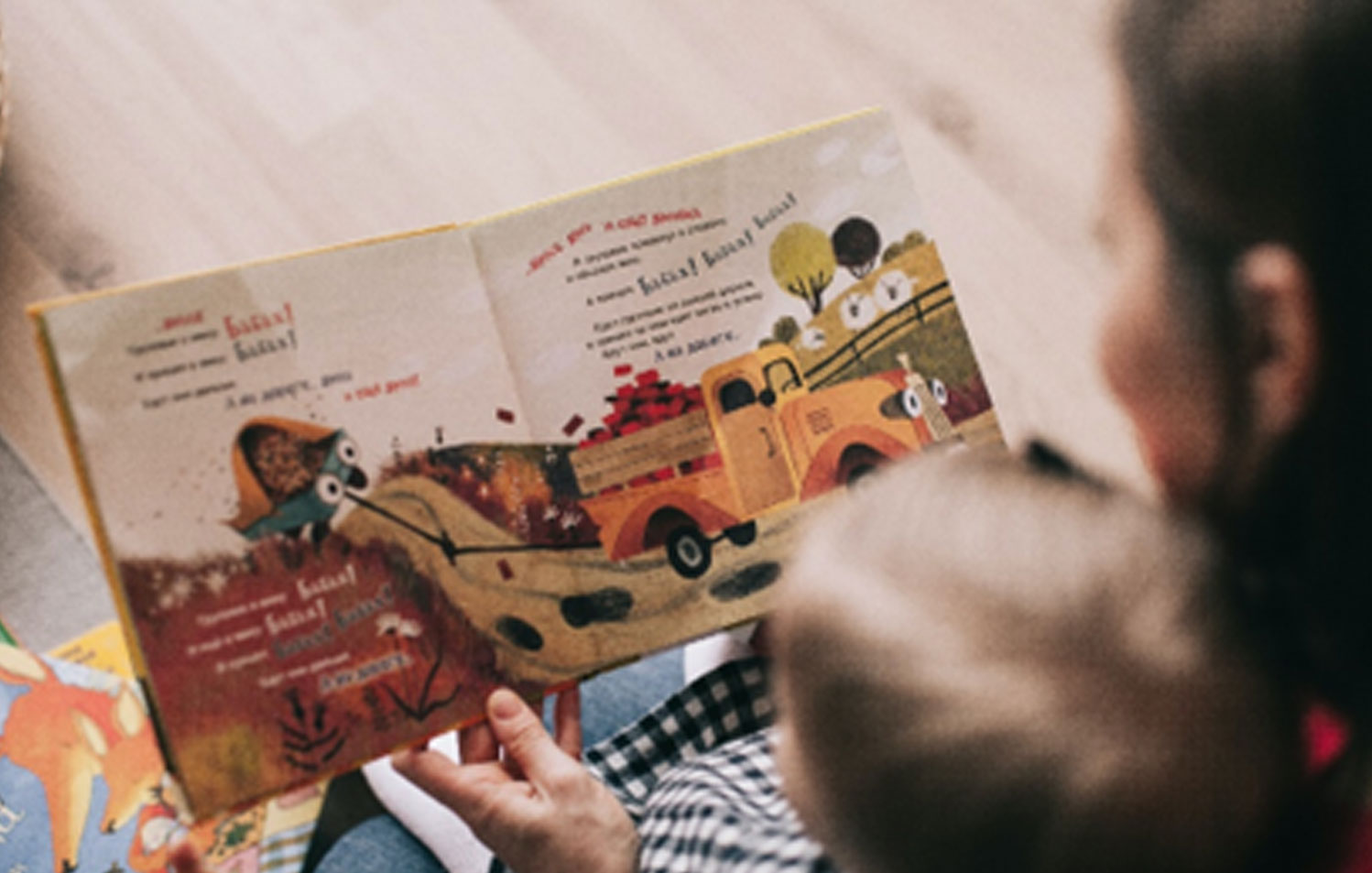Tips for Grief and Loss
Tips for Starting the Healing Process
The healing process is different for everyone.
Some people take a short time to heal, and others take longer, and that is okay. Everyone is different and heals in their own time and space. Here are some tips to help you begin:
Name Your Issue
When you name the issue that is causing you pain it can help you work through your loss.
Write down 5 things that you have found hard in order from the least to the most difficult. Next, try to work through these issues, one by one.
| Issue | How hard is it? | Strategies |
|---|---|---|
| My Mom used to call me to say good morning every day. | Very Hard | You can still wish them a good morning even though they are not physically present in your life. |
One Day at a Time
Take one day at a time. Some days will be better than others.
Worrying and working through issues related to grief and loss can affect our mood, stress levels and motivation. If you take things one day at a time, you can break larger issues into smaller, more manageable pieces.

Practice Self-Care
Try to do something to take care of yourself each day.
This can include something as simple as reading a good book, writing in a journal, or enjoying a hobby. You also may wish to call up a friend or family member.

Eat Healthy & Exercise
Exercise can help relieve stress and is good for your mental and physical health.
If you can take a walk, go for a bike ride, do some yoga and or even some simple stretching. Try to eat a healthy, balanced diet to give your body the energy and nutrients needed for positive mental and physical health. Drink plenty of water as well to stay well hydrated.

Talk it Out
Talking about your feelings with someone you trust can help you feel better.
When you need to, reach out to friends or family members for support. If that does not help, ask your doctor to refer you to a professional for support.

How to Create Safe Spaces for People Who are Grieving
People’s motivation to be vulnerable depends on how safe they feel. Creating a safe environment requires empathy, friendliness, and good intentions. When we are empathic and try to understand someone’s needs, we can provide a safe space for them to grieve.
Create Trust with the Person
For someone to feel safe to share openly, they must feel safe and also have a strong sense of trust. Creating a safe environment starts with body language, the ability to listen without interrupting, not making it about you, and not judging. These are important elements to establishing trust.


Invite Sharing
If you are open, you will invite more sharing. By expressing your interest in their wellbeing and attempting to understand, the person will feel that they can keep sharing and be vulnerable. And encourage them along the way.

Do Not Judge Them
Give people the space to share without judgement, advice, or unwanted feedback.
Don’t Interrupt
Give the person time to share as much or as little they want. Don’t interrupt with them with questions, your own story, or advice.


Be Empathic
Listen to try to understand the other person’s perspective.
Be Vulnerable
It’s okay to be vulnerable and to be moved by what you hear. Tears are okay, they show you care. But don’t make the person have to start taking care of you, that’s not helpful.


Be Real
Death and grief are hard topics to talk about. Be your real and true self. You should be you so they can be who they are.
Be Open
Be ready and accepting of outbursts and unusual comments. When you are open and welcome to whatever comes your way, the person has permission to be in the moment and do whatever is needed.


Create Silence
Words are not always our friend. Silence can sometimes make people uncomfortable, but it is an amazing tool to create space for more sharing. Silence gives people time to process. And it acknowledges that words can’t always make things better, and it silence honours the intensity of a moment or story.
Keep Things Confidential
Assure the person that what is said to you will stay with you and keep that promise. Don’t repeat or go telling people something that was shared in confidence.

Ways to Show You Care
When Someone is Grieving
We can show that we care by the things we say and do. Our words are often the best way to show our support when someone is grieving, but actions are also essential. Remember that everyone grieves in their own way, so if a loved one asks for space, respect their wishes but still check in once in a while.
Do Not Try to Fix Their Pain
There is nothing you can do to fix this. There are no words, actions, or special formulas for making grief disappear. But you can help someone get through grief, especially on those extra hard days. Understand and accept that the grieving process involves a lot of hard work and that you being there for your loved one is what is important.


Listen Without Interrupting
Grief produces many complicated and confusing feelings. Give your loved one space to share and listen without interrupting them. Being a good listener is a powerful way to show respect, even if they share a lot or repeat themselves. Let them get their thoughts and feelings out, so they can begin to heal in a good way.
Make Regular Visits or Phone Calls
Being consistent with contact shows you care. Write down reminders on your calendar or in your phone calendar to call and visit. Schedule times to meet for tea or coffee. Check-in often and be present. Keep showing up to let them know you care.


Send Text Messages Often
You never know when your text will come at the right moment. You can say something simple like “Just wanted to let you know that I’m thinking of your right now,” or “how are you doing today?” or “You are in my thoughts and prayers.”
Do Not Have Any Expectations
Remember that this is not about you. You may see anger, sadness, despair, and apparent ungratefulness from your loved one. Keep showing up to show your support, and do not expect anything in return. Do not worry about getting a thank you; your loved one is grieving and may be in a fog, and emotions will sometimes be unpredictable. Always do your best to be supportive and keep in mind that once again, this is not about you.


Help Manage Their To-Do List
Sometimes, just doing things to help your loved one can be very helpful. Ask what you can do to help. Maybe they need help with grocery shopping, house cleaning, or yard work. Make sure you ask first to respect boundaries, don’t just start doing things in and around their home. You may also want to ask how they would like something done.
Provide Food & Flowers
Providing food or flowers can be a nice gesture. Ask what the person or family needs and what they like to eat. Try to be considerate of any allergies or special dietary needs. For example, if someone has diabetes. If you live in a town or city, you could also provide gift cards for restaurants or take-out.


Help Out With the Kids
If there are children, helping with their care can greatly help. Even if the parent(s) is home, having someone take care of their children’s needs for a few hours can relieve them. Be sure to know the needs of the children and child’s needs, and try to care for them and comfort them as best you can. Be sure to ask for permission to help with the children first.
Share Memories or Ask About the Lost Loved One
Sharing memories of the person who has passed may be hard or painful, but silence is often more painful. If you have memories of the person, share them often. If you did not know the person, ask questions about their life, joys, hobbies, friends, childhood, etc.


Try to Encourage Them
We all need encouragement at times. Encouragement helps someone put one foot in front of the other. Sometimes, people need help just getting out of bed and eating. Acknowledge that even the simplest tasks can sometimes take courage to do. When someone is experiencing grief, even little things can feel like climbing a mountain.
Finally, Talk to The Person!
When you try to avoid someone who is grieving, pretend that they are okay, ignore their grief, or change the subject, you could make them feel worse. Keep reaching out but remember to respect boundaries. Ask them about their day and how it is going so far. Be prepared for various emotions and be supportive through joy, sorrow, laughter, and tears.

30 Ways to Care for Yourself
When Caring for Others
Grief is a physical, mental, emotional, and spiritual experience.
At times, it can be all-consuming, and it can often be very draining in every aspect. Therefore, when we care for and support grieving people, we must also take care of ourselves.
Below are thirty ways to take care of your physical, mental, emotional, and spiritual aspects and hopefully experience some joy, relief, and rest.
- Go for a walk in a park or outdoors
- Go to the gym
- Go for a swim
- Stretch
- Do some yoga
- Lay in the grass
- Meditate
- Read
- Write
- Journal
- Meet up with friends
- Watch a good movie
- Watch your favourite TV show
- Call a friend
- Get lost in an adult colouring book
- Do something outside your comfort zone
- Do something crafty
- Go for a bike ride
- Pump some iron
- Go fishing
- Tackle your to-do list
- Drink lots of water
- Go canoeing
- Spend quality time with friend(s)
- Spend quality time with family
- Cuddle up with a pet
- Binge on Netflix
- Listen to your favourite songs
- Sit by a campfire
- Get some sleep

